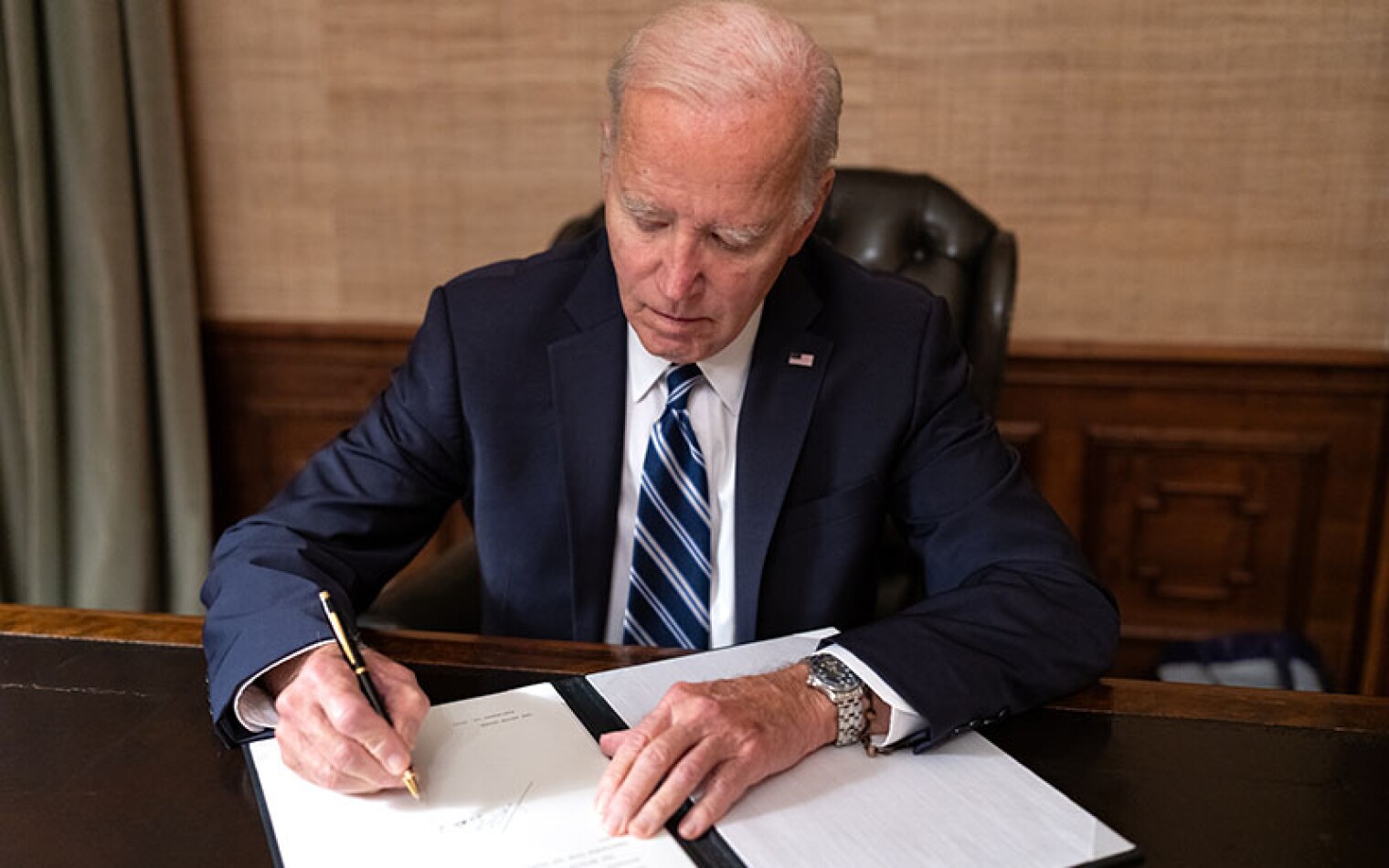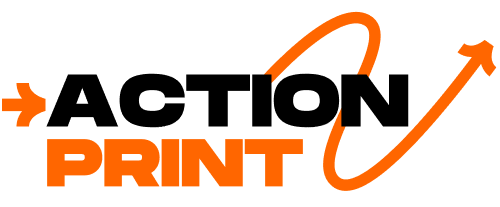
Explore the UCLA grant freeze saga: court rulings, research disruption, political fallout, and 6 key lessons for safeguarding science and academic freedom.
The freezing of over $584 million in UCLA research grants by the Trump administration has triggered a major legal and political standoff. Courts have intervened, researchers face halted projects, and universities nationwide fear the precedent. This blog unpacks the timeline, legal rulings, impacts, and lessons from this clash between the Supreme Court, executive power, and the future of U.S. scientific funding.
When Politics Meets Science
In 2025, one of America’s most prestigious universities, UCLA, suddenly found itself at the center of a historic battle over research independence. The Trump administration froze hundreds of millions of dollars in federal research grants, citing allegations tied to antisemitism, race-conscious admissions, and policies around transgender athletes.
The decision rippled across labs, classrooms, and courtrooms. Students lost stipends, researchers lost momentum, and the scientific community warned of a chilling precedent. This case is no longer just about UCLA—it has become a national debate on academic freedom, judicial power, and the politicization of science.
What Happened? A Timeline of Key Events
To understand the scope, here’s a chronological breakdown of events that unfolded:
- Initial freeze:
The Trump administration halted more than $584 million in UCLA research funding across agencies like the NIH, NSF, and DOE, citing “violations” related to antisemitism and DEI policies. - Legal challenge:
The University of California system sued, arguing the suspensions were arbitrary, unlawful, and politically motivated. - June injunction:
Judge Rita Lin issued an injunction ordering 114 terminated grants restored and blocking further cuts. - NSF suspensions (August 1):
Despite the injunction, the NSF suspended an additional $170 million in active UCLA grants, sparking renewed litigation. - Court ruling (August 12–14):
Judge Lin ordered NSF to restore $81 million in suspended grants, ruling that both suspension and termination violated her order. - Political backlash:
California Governor Gavin Newsom called the move “political extortion,” while UC launched a “Stand Up for UC” campaign supported by students, alumni, and lawmakers. - Negotiation pressure:
Senator Alex Padilla suggested possible “minor concessions” could unlock more funding, but UCLA leaders resisted paying political ransom.
Why Does This Matter?
1. Impact on Research and People
The funding freeze has had immediate, painful consequences:
- Halted experiments in cancer research, engineering, and climate studies.
- Graduate students lost stipends, health insurance, and tuition coverage.
- Researchers scrambled to secure emergency “bridge grants” from private donors.
Example: Sydney Campbell, a UCLA pancreatic cancer researcher, lost her NIH funding mid-project, forcing her to rely on a private fellowship while warning of layoffs for her lab team.
2. Threat to U.S. Scientific Leadership
- The U.S. risks falling behind in global innovation if politically motivated grant freezes become normalized.
- Medical progress (e.g., cancer trials, Alzheimer’s studies) slows without steady funding.
- Universities abroad may attract disillusioned U.S. researchers.
3. Legal and Constitutional Significance
The case highlights a critical constitutional issue:
- Can the executive branch weaponize grant funding against universities for political leverage?
- Judge Lin’s ruling reaffirmed that due process and judicial oversight apply even in grant disbursement.
- The Supreme Court may ultimately decide how far federal discretion over research funding can go.
Real-Life Human Stories
Behind the numbers are people:
- Graduate students: Many saw their only source of income disappear overnight. Some considered dropping out of PhD programs.
- Professors: Labs paused experiments mid-way, delaying publications and tenure-track evaluations.
- Families: Research staff worried about paying bills after salaries tied to grants were suspended.
- Public mobilization: The “Stand Up for UC” rallies drew thousands of supporters, including NBA legend Kareem Abdul-Jabbar, who stood with faculty and students.
See San Francisco Chronicle coverage of rallies.
6 Key Lessons from the UCLA Grant Freeze
- Diversify Research Funding:
Universities must reduce reliance on federal grants by cultivating private philanthropy and foundation support. - Strengthen Legal Preparedness:
Swift litigation, as UC demonstrated, is crucial to block unlawful administrative actions. - Protect Students First:
Emergency funds must be allocated to safeguard graduate student stipends, healthcare, and housing. - Mobilize Public Opinion:
Campaigns like “Stand Up for UC” prove that public rallies and alumni advocacy matter. - Guard Academic Freedom:
Institutions must defend policies (e.g., DEI or admissions) from external political pressure. - Demand Transparency in Federal Grants:
Clear rules must govern suspensions and terminations to prevent arbitrary decisions.
FAQs: Answering Americans’ Most Asked Questions
1. Why were UCLA research grants frozen?
Grants were frozen over alleged violations related to antisemitism, race-conscious admissions, and transgender athlete policies. Critics argue the move was politically motivated.
2. How much funding is at stake?
Over $584 million in federal research grants across multiple agencies. Some funds have been restored, but litigation continues.
3. What did the court rule?
Judge Rita Lin ruled that suspending grants was effectively the same as termination and ordered partial restoration of funds.
4. Are other universities affected?
Yes. Harvard, Columbia, and Brown have also faced similar freezes or settlements.
5. What does suspension vs. termination mean?
Suspension temporarily halts access to funds; termination cancels them. Courts ruled both can equally cripple research.
6. How are university leaders responding?
UCLA and the UC system are fighting the freeze legally, while leaders like Gov. Newsom publicly call it “political extortion.”
7. Could UCLA compromise to regain funding?
Sen. Alex Padilla hinted at minor concessions, but UC leaders fear settling sets a dangerous precedent.
8. What’s the impact on students?
Graduate students risk losing stipends, healthcare, and academic continuity—forcing some to consider leaving academia.
9. What’s next for UCLA research?
Uncertainty remains. While some grants are restored, future freezes may reoccur without structural reforms.
10. Why is this case historic?
It represents a defining test of judicial oversight, executive power, and the independence of American science.
Final Takeaway
The UCLA grant freeze saga is not just a California story—it is a national wake-up call. If science funding can be halted for political reasons, the independence of universities and the future of American research hang in the balance. Protecting academic freedom requires legal vigilance, public mobilization, and diversified funding strategies.
